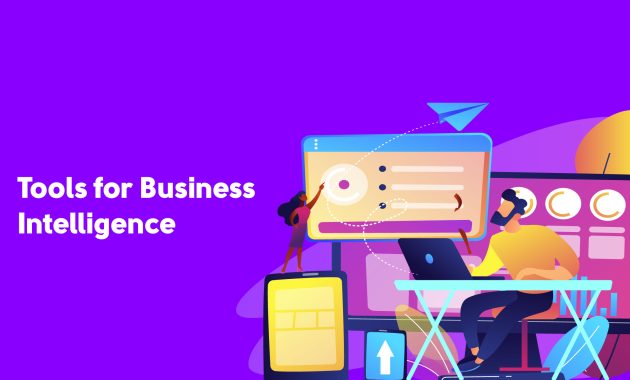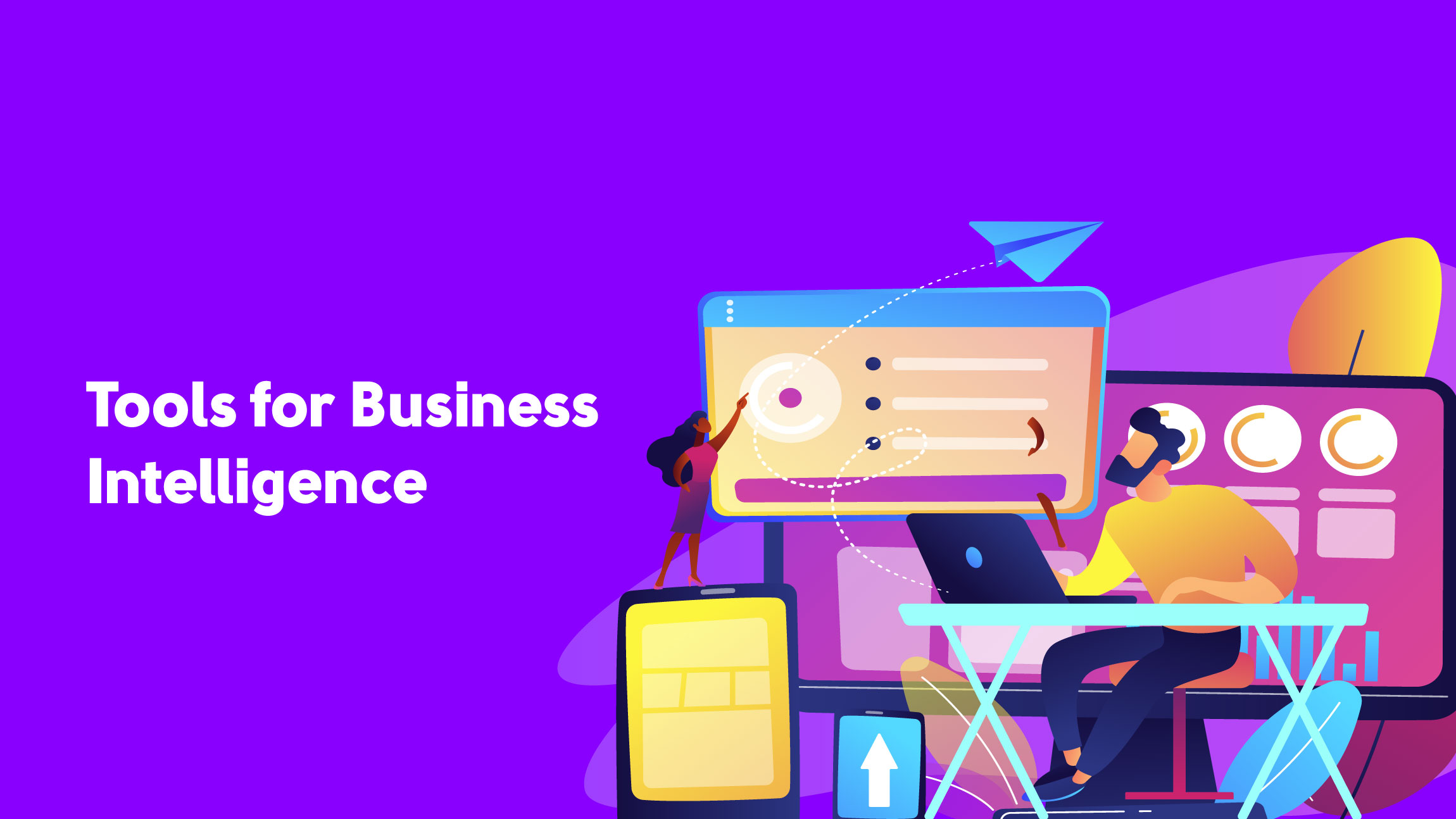
Secrets of 21 Business Intelligence Tools Used by Experts: Unveiling Data-Driven Success
In the ever-evolving landscape of modern business, the ability to harness the power of data is no longer a luxury; it’s a necessity. Companies that can effectively analyze and interpret data gain a significant competitive advantage. They make informed decisions, optimize operations, and ultimately drive greater profitability. This article dives deep into the secrets of 21 business intelligence tools used by experts, providing a comprehensive overview of the platforms and strategies that top professionals leverage to unlock data-driven success. These tools empower businesses to transform raw data into actionable insights.
The realm of business intelligence (BI) is vast and multifaceted. It encompasses a range of technologies, applications, and practices. These are designed to collect, integrate, analyze, and present business information. The goal is to support better decision-making. Understanding the nuances of these tools is crucial for businesses of all sizes. This is especially true if they want to thrive in today’s data-rich environment. This article will explore the secrets of 21 business intelligence tools used by experts.
Understanding the Core of Business Intelligence
At its core, business intelligence involves several key processes. These include data collection, data warehousing, data analysis, and data visualization. Each of these steps plays a vital role in transforming raw data into valuable insights. Data collection involves gathering information from various sources. These sources include databases, spreadsheets, and cloud applications. Data warehousing organizes and stores this data in a structured format. This makes it easier to analyze. Data analysis utilizes statistical and analytical techniques to uncover patterns and trends. Data visualization presents these findings in an easily understandable format. This makes it easier for stakeholders to grasp complex information.
Essential Business Intelligence Tool Categories
The secrets of 21 business intelligence tools used by experts span various categories. These categories cater to different business needs and analytical requirements. Let’s explore the main categories:
- Data Visualization Tools: These tools excel at creating interactive dashboards and reports. They transform complex data into easy-to-understand visuals.
- Data Warehousing Tools: These platforms are designed to store and manage large datasets. They ensure data is accessible and ready for analysis.
- Data Mining Tools: These tools use advanced analytical techniques. They uncover hidden patterns and insights within data.
- Reporting Tools: These platforms generate static reports and summaries of key performance indicators (KPIs). They give valuable insights.
The 21 Business Intelligence Tools: Expert Secrets Revealed
Now, let’s delve into the secrets of 21 business intelligence tools used by experts. This is where we uncover the specific platforms that are highly regarded and used by professionals.
- Tableau: A leading data visualization tool. It allows users to create interactive dashboards and reports. Its user-friendly interface makes it suitable for both technical and non-technical users.
- Power BI: Microsoft’s powerful BI tool. Power BI integrates seamlessly with other Microsoft products. It offers robust data analysis and visualization capabilities.
- Qlik Sense: Known for its associative data modeling. Qlik Sense enables users to explore data relationships. It can provide unexpected insights.
- Looker: A data analytics platform owned by Google. Looker focuses on data modeling and collaboration. It is ideal for organizations that need to share insights across teams.
- Sisense: A platform designed for embedded analytics. Sisense allows businesses to integrate BI directly into their applications.
- MicroStrategy: A comprehensive BI platform. MicroStrategy offers a wide range of features. These features include data discovery, mobile BI, and enterprise reporting.
- ThoughtSpot: A search-driven analytics platform. ThoughtSpot allows users to ask questions in natural language. It then provides instant insights.
- Domo: A cloud-based BI platform. Domo offers a unified view of data across various sources.
- SAS Business Intelligence: A long-standing name in the BI space. SAS provides advanced analytics and reporting capabilities.
- SAP Analytics Cloud: SAP’s cloud-based BI solution. SAP Analytics Cloud integrates with SAP’s ERP systems. It provides a holistic view of business performance.
- Oracle Analytics Cloud: Oracle’s cloud-based BI platform. It offers a comprehensive suite of analytical tools and services.
- Yellowfin BI: Focuses on automated insights and data storytelling. Yellowfin helps users understand and share data-driven narratives.
- Zoho Analytics: An affordable and user-friendly BI tool. Zoho Analytics is well-suited for small to medium-sized businesses.
- Board: An all-in-one BI and CPM platform. Board combines planning, forecasting, and analysis in a single interface.
- Jedox: A platform for planning, analysis, and reporting. Jedox offers robust budgeting and forecasting capabilities.
- Alteryx: A data science and analytics platform. Alteryx allows users to prepare, blend, and analyze data. They can then generate advanced insights.
- KNIME: An open-source data analytics platform. KNIME is popular among data scientists. It provides a wide range of data mining and machine learning tools.
- RapidMiner: Another leading data science platform. RapidMiner offers a user-friendly interface for building predictive models.
- IBM Cognos Analytics: IBM’s comprehensive BI platform. IBM Cognos Analytics offers a wide range of features. These features include reporting, dashboards, and data exploration.
- Pentaho: An open-source BI suite. Pentaho offers data integration, analysis, and reporting capabilities.
- Microsoft Excel: While often considered a basic tool, Excel remains a vital BI component. Experts use Excel for data manipulation and basic analysis.
Expert Strategies for Effective Business Intelligence
Knowing the secrets of 21 business intelligence tools used by experts is only the first step. To truly leverage these tools, experts employ several key strategies:
- Data Integration: Integrating data from various sources is paramount. This provides a holistic view of business operations.
- Data Governance: Establishing data governance policies ensures data quality and consistency.
- Data Visualization Best Practices: Creating clear and concise visualizations is crucial. This makes it easy for stakeholders to understand the data.
- Focus on Key Metrics: Identifying and tracking the most important KPIs is essential. This helps businesses monitor performance and make informed decisions.
- Continuous Learning: The BI landscape is always evolving. Staying updated with the latest tools and techniques is vital.
Selecting the Right Business Intelligence Tool
Choosing the right BI tool depends on several factors. These factors include the size of the business, the specific needs, and the existing IT infrastructure. Consider the following when selecting a tool:
- Ease of Use: Choose a tool that is user-friendly and easy to learn. This will ensure broad adoption across the organization.
- Scalability: The tool should be able to handle growing data volumes and user needs.
- Integration Capabilities: Ensure the tool integrates with existing data sources and systems.
- Cost: Consider the total cost of ownership, including licensing, implementation, and ongoing maintenance.
- Support and Training: Evaluate the availability of support and training resources. This will help the team learn and use the tool effectively.
Understanding the secrets of 21 business intelligence tools used by experts is key. It allows businesses to make data-driven decisions. They can optimize operations and ultimately gain a competitive edge. The right tools and strategies can transform raw data into actionable insights. This will drive success in today’s data-rich environment.
The Future of Business Intelligence
The future of business intelligence is exciting. Advancements in artificial intelligence (AI) and machine learning (ML) are revolutionizing the field. These technologies are automating data analysis. They are also providing predictive insights. The integration of BI with other technologies, such as the Internet of Things (IoT), will also continue to evolve. This will create new opportunities for data-driven decision-making. Businesses that embrace these advancements will be best positioned to succeed. They will leverage the power of data. They will gain a competitive advantage.
Conclusion: Embrace the Power of Data
In conclusion, mastering the secrets of 21 business intelligence tools used by experts is essential. It will unlock the power of data. This will drive business success. By understanding the available tools, implementing effective strategies, and staying abreast of the latest trends, businesses can transform raw data into actionable insights. They can then make informed decisions and gain a competitive advantage. Embrace the power of data and pave the way for a future of data-driven success.
[See also: How to Choose the Right BI Tool for Your Business]
[See also: Data Visualization Best Practices for Beginners]
[See also: The Role of Data Governance in Business Intelligence]

